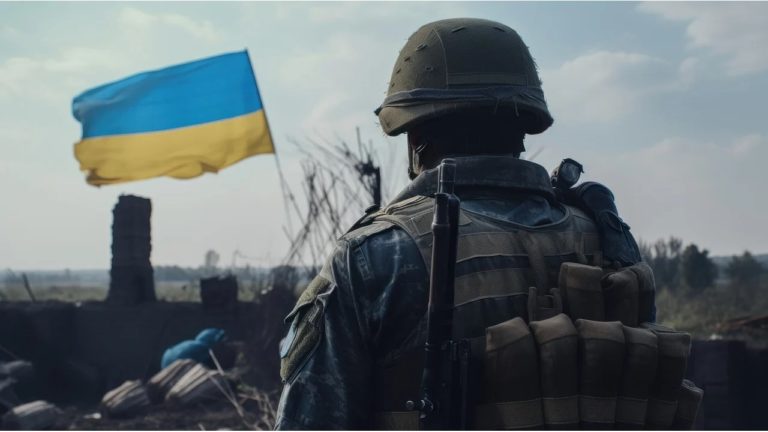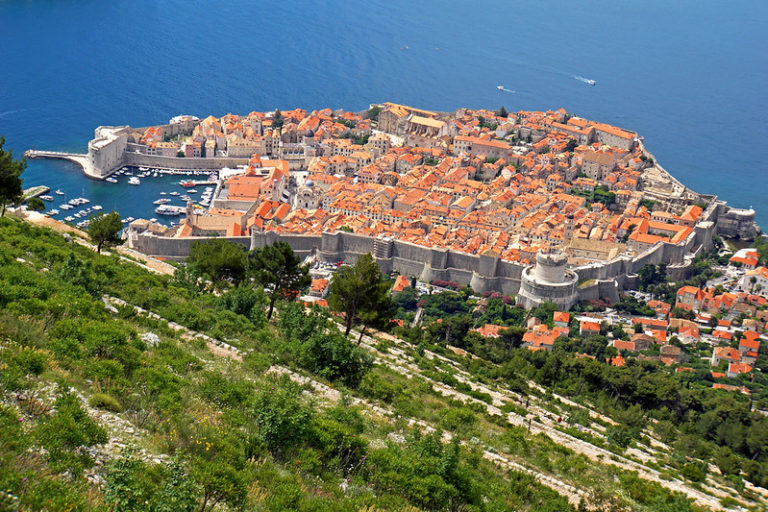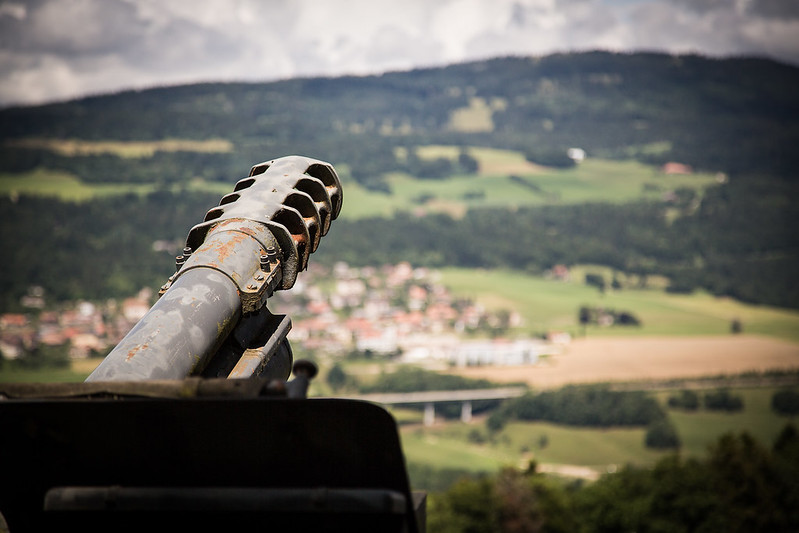Letter from La Vigie dated 24th July 2024

The risks of nuclear counter-shouldering
The concept of a shoulder-to-shoulder link between conventional forces and nuclear deterrence has been part of the French strategic debate since 2020. However, in order to be relevant, a strict separation between nuclear and conventional forces must be maintained on both sides. The development by the main competitors of low-power nuclear weapons that can be carried by cruise missiles or anti-ship missiles is leading to a progressive blurring of the distinction between these categories, rendering the shoulder shield as hitherto conceived ineffective.
To read the article, click here
European disarray
The recent elections to the European Parliament and in the United Kingdom have not led to a profound reconsideration of the dynamics, despite the growing political fragmentation. Basically, this democratic exercise conceals neither Europe’s powerlessness nor the disarray that is emerging. The European Union is being ‘continued’ despiteof anything better, unable to adapt to the geopolitical whirlwind.
To read the article, click here
Summer reading
A number of reading notes for this summer. See Main article here.
JOVPN
Subscribers: click directly on the links to read online or download the pdf issue (here), always with your login/password. New readers: read the article by issue, by clicking on each article (€2.5), or subscribe (discovery subscription €17, annual subscription €70, orga. subscription €300 excl. tax): here, the different options.
Photo credit: https://lefrenchdebat.fr/lunion-europeenne-et-ses-institutions/








